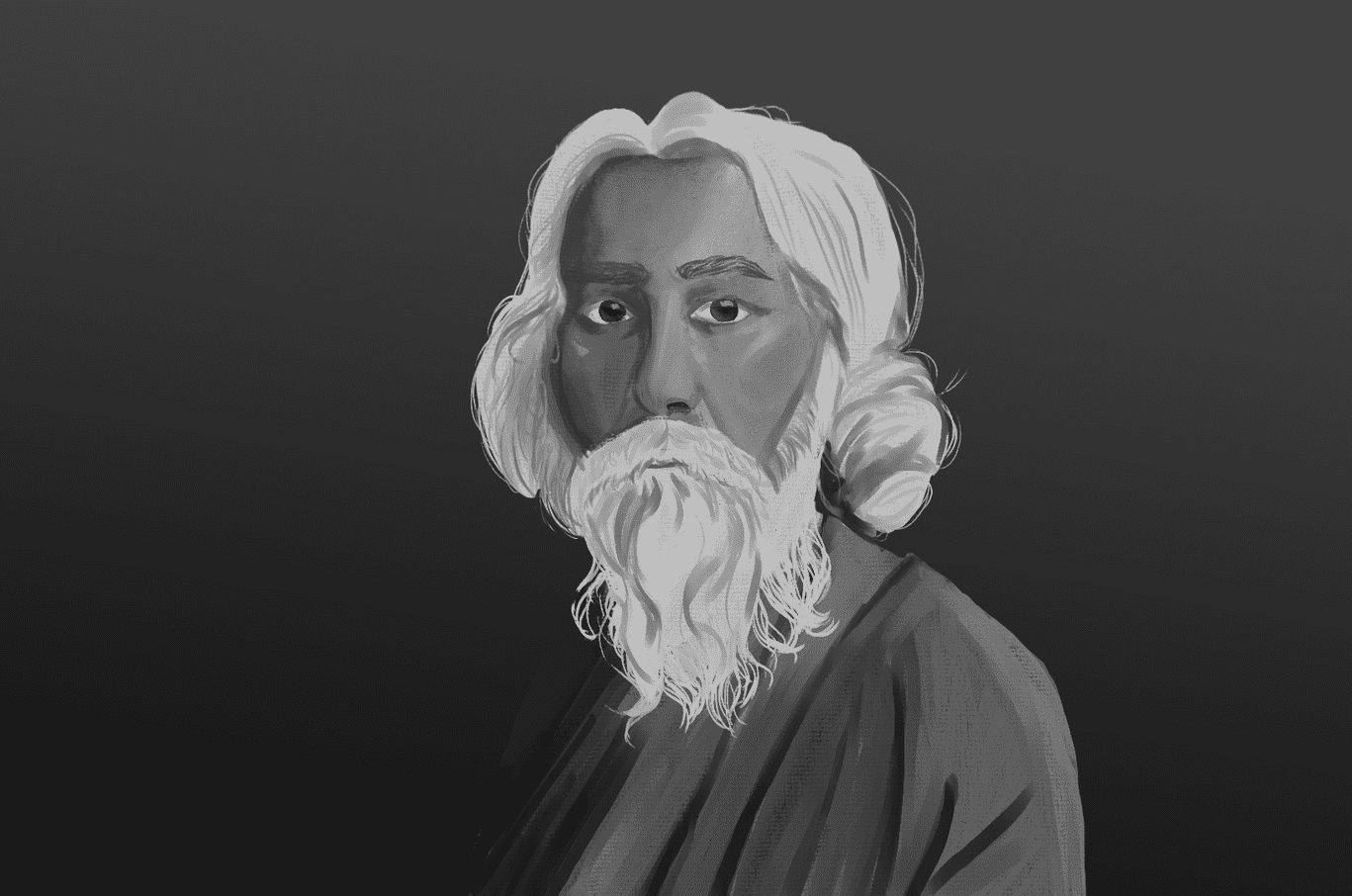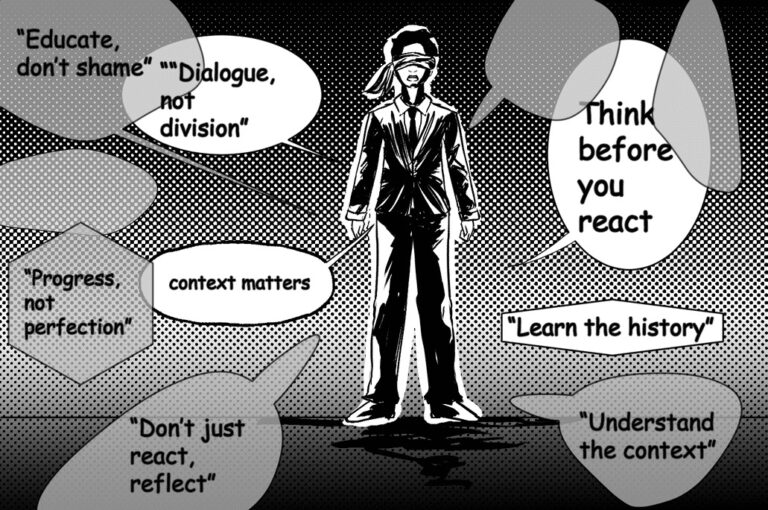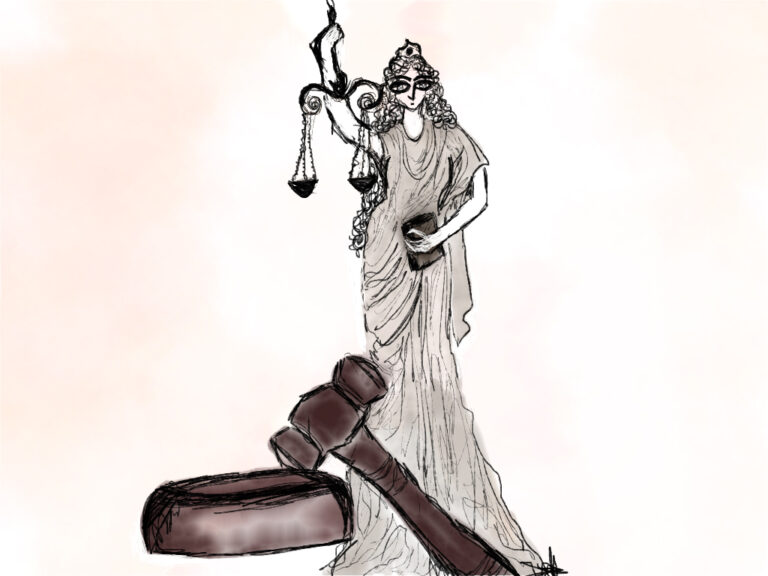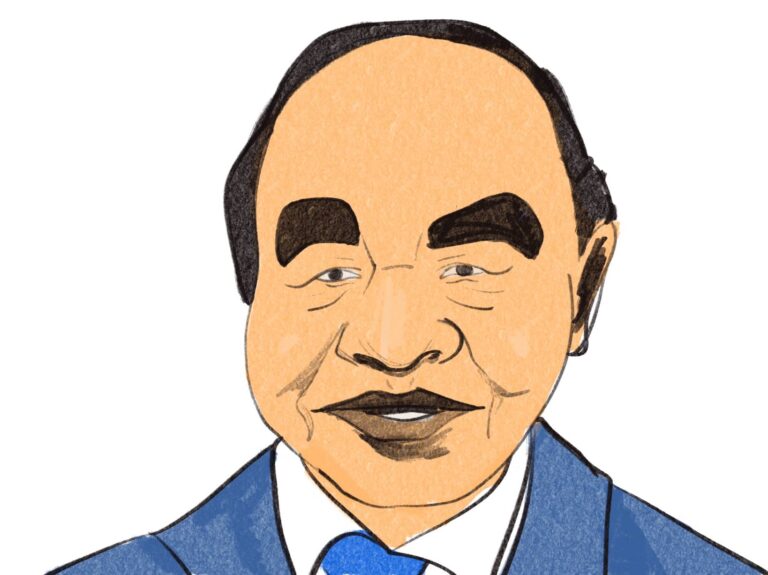Nationalism by Rabindranath Tagore

Nationalism, the book is a series of lectures by Rabindranath Tagore that was first published in 1917 amid the First World War. He was influenced by the Nationalist Movement in India, World War-I and the industrial revolution of the late 19th century and the early 20th century. All these influences culminated in his lectures on Nationalism.
For Tagore, Nationalism was “the political and economic union of a people, is that aspect which a whole population assumes when organised for a mechanical purpose” (Tagore, 1917, p. 4). From the first chapter itself, Tagore was highly critical about the concept of Nation, which was not only an ideology for him brought by the West but also an institution of greed, maximisation of profit and an inhuman application of science whose ultimate goal is the mechanisation of life devoid of the human spirit and nature. He called Nationalism the source of belligerent foreign policy, making a country feel threatened if another Nation comes into being. It is the source of all death, destruction of the human mind and divisiveness practised by modern countries. This ideology of destruction, Tagore said, is the work of the West. At the same time, he reminded us to not confuse him with the rest of the followers of Nationalism in India who, out of detestation against the British Government, practised nothing short of xenophobia (like burning foreign clothes). He talked of the West’s contribution in Arts and Literature and the ideas of liberty of the mind, thought, and action to be cherished. This, he termed as the inner core of the West for which he feels proud. However, he reminds us that the Nation of the West clads its inner core and, for its selfish needs, creates havoc against non-Nations of the East. For him, the Nation was the political side and the scientific, logical side of profit maximisation, but he never wanted it to be the end and the highest purpose of humanity. He vehemently supported the ideal of the human who is loving, compassionate and, above all, is a universal human devoid of hatred against the human race.
Tagore’s biggest fear was that humans were succumbing to the force of Nationalism unknowingly through the mere mimicry of the West. He writes, “The history has come to a stage when the moral man, the complete man, is more and more giving way, almost without knowing it, to make room for the political and the commercial man, the man of the limited purpose.” (Tagore, 1917, p. 8)
Tagore, when he gave his speech, kept Japan and the USA in his highest ideals. He took cognisance that both the countries have kept themselves apart from participating in the First World War. He thought that Japan and America could break away from the warmongering nature of the Nations of the West. In his speech, addressed to Japan, he said, “And Japan, the child of the Ancient East, has also fearlessly claimed all the gifts of the modern age for herself.” (Tagore, 1917, p. 25) He meant that Japan has indeed proved the West wrong (the West was full of contempt for the East) and is a beacon for the entire Asia. However, he warned Japan not to lose itself and mimic the soulless idea of Nationalism from the West while modernising. He reminds, “True modernism is freedom of mind, not slavery of taste. It is independence of thought of action, not tutelage under European schoolmasters. It is science, but not its wrong application in life, – a mere imitation of our science teachers who reduce it into a superstition, absurdly invoking its aid for all impossible purposes” (Tagore, 1917, p. 36). At last, he wanted Japan to cherish its uniqueness and beauty and not fall into the trap of the “ugly” Nationalism. “Beauty is the signature which the Creator stamps upon his works when he is satisfied with them.“
He was highly critical of the Nationalist movement in India and asserted that India’s immediate problems were social and cultural and not political. (Quayum, 2006, p. 45) Tagore talked about the practice of the caste system in India, which had taken control of the people’s mind and such traditions he called is the source of all oppression within. For him, political freedom was distant since the powerful in the society was busy exploiting the oppressed. His answer to such a problem was education and not India joining the bandwagon of mimicry of the Nation of the West.
Even though many authors have interpreted the core of Tagore’s critique as “the anti-nationalitarian sentiment” (Quayum, 2006, p. 33), I believe that the philosophical basis of this core is Tagore’s belief that human nature is innately good, loving, empathetic. This is what he meant by saying, “so long as nations are rampant in this world, we have not the option freely to develop our higher humanity.” (Tagore, 1917, p. 13) This higher humanity is the universal good human, which brings the readers to another theme of Tagore’s thought – Internationalism. If humans are innately good and are only competing among themselves because of the mindless abstractions of everyday life through the application of modern science, logic, and rationality, then the idea of Nation, divisiveness, difference, and contempt against fellow humans is pointless. For humans, reaching the higher moral ground means getting together in a loving and empathetic manner. Because of this, Tagore, unlike his contemporary participants of the Nationalist movement, was never against the British as a civilisation. He accepted and held the British Literature, Arts and thought in his highest ideals except for the ideology of the Nation.
The description of humans in a trance where they are disciplined to follow the path of the Western industrial society and always be hungry for power and profits reminds me of the concept of Alienation by Karl Marx (Singer, 2000, p. 46). Like Marx, Tagore did not want the forces of industrial capitalism controlling human emotions and alienating them from their higher and true ideals. He wanted humans to take control back from the force of Nationalism. Tagore also reminds me of Ambedkar. Like Ambedkar, Tagore prioritised freedom of the society, especially critiquing the caste system before freedom of the country from British rule (Ambedkar, 2014, p. 172, 2.2).
Tagore was a philosopher, poet and a true worshipper of freedom and liberty (unlike the Nation), and Nation as an institution was incapable of realising it and therefore, he rejected it.
References
- Ambedkar, B. R. (2014). Annihilation of Caste. In B. R. Ambedkar, Annihilation of Caste The Annoted Critical Edition (p. 172). Verso.
- Quayum, M. A. (2006). Imagining “One World”: Rabindranath Tagore’s Critique of Nationalism. Interdisciplinary Literary Studies, 7(2), 33-52. Retrieved from https://www.jstor.org/stable/41209941
- Singer, P. (2000). Marx A Very Short Introduction. New York: Oxford University Press.
- Tagore, R. (1917). Nationalism. Edinburgh: R. & R. Clark, Limited.








